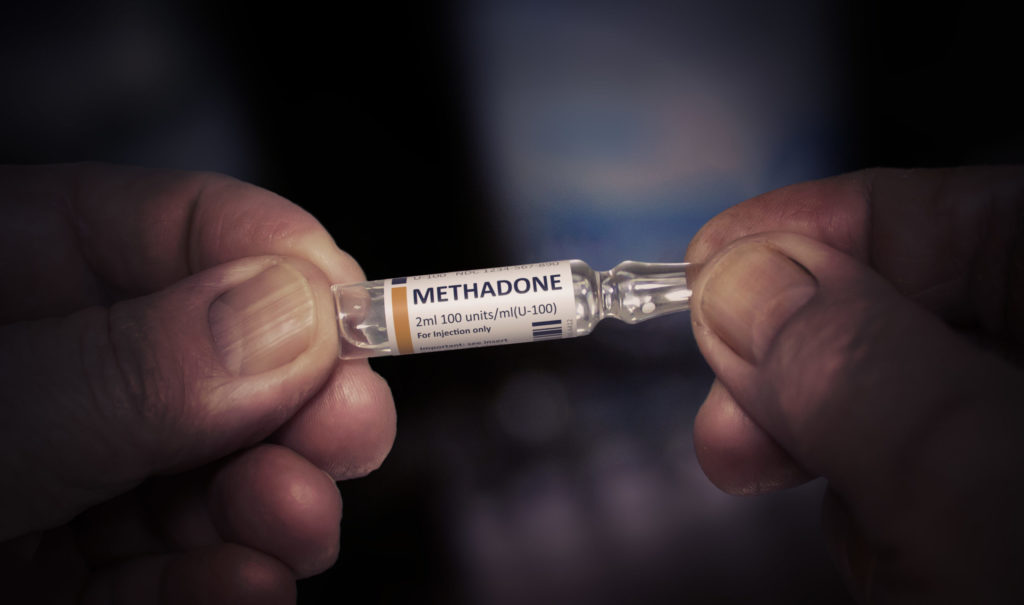Is Alcohol Addiction a Lifetime Addiction?

Alcohol addiction is a disease of the brain, which necessarily means that it is a lifetime issue. That does not mean, however, that recovery is not possible. There are viable treatment options that can help you quit alcohol and feel better, however, it is important to remember that the disease lasts a lifetime.
Overcoming alcohol addiction
Alcohol addiction is a nuanced disorder that affects both the brain and body. The National Institutes of Health defines alcohol addiction as an alcohol use disorder, a chronic disease that can have serious adverse health, social, occupational and familial consequences. Alcohol addiction comes in varying levels of severity, and its treatment options likewise are varied in terms of the level of care. Like many other disorders, there are risk factors that make one more susceptible to suffering from alcohol addiction, including family history, environmental stressors, preexisting health conditions, exposure at an early age and trauma. Alcohol addiction also poses a great risk of relapse. These factors are all markers of a chronic condition, of which many have no cure. In a sense, alcohol addiction is an incurable disease, but that does not mean it cannot be managed.
Anyone in recovery will tell you that you don’t just get over alcohol addiction one day and have that be the end of your recovery journey. You will always be an addict, and you will always be in recovery. This mindset is important when approaching your addiction and recovery because it must be remembered how easy it can be to deviate from your path. Even with this in mind, you can commit to your alcohol sobriety every day.
For these reasons, and the very personal nature of alcohol addiction, one person’s idea of “getting better” might look different than the next. Regardless, it is important to remember that recovery is not a linear journey, and deviation from your path to sobriety does not constitute a failure. One person’s idea of sobriety might include never having another drink of alcohol; they may (and likely will) relapse at some point, but this does not negate their recovery. As long as they acknowledge their setback and take steps to commit to their sobriety, they can still be “getting better.” Among many other factors, the non-linearity of recovery from addiction is what renders it a lifelong disease.
How to overcome alcohol addiction
Even if you will never “get better” in the sense that your alcohol addiction will be cured, there are steps you can take to physically and mentally feel better. Alcohol addiction treatment comes in many different forms and can meet you where you are, whenever you need it.
- Approach your treatment as if it were medication. If you get sick, your doctor will recommend that you take your full course of antibiotics, even if you start to feel better after a couple of days. If you have diabetes, you will administer your insulin shots every day, even if your blood sugar feels stable. Alcohol addiction is the same way. Some days will feel impossible to get through. Some weeks you’ll go to a 12-step meeting every day. Other times, you won’t think about alcohol at all. However, you feel on a day-to-day basis should not dictate your approach to sobriety. Tend to it every day, even if you don’t think you need to.
- Be honest about your addiction, with yourself, with your loved ones and with anyone supporting you through recovery. Feelings of guilt or shame are counterproductive to recovery, and if you are able to lighten the load caused by addiction, you will be more receptive to treatment.
- Ask for help. Even if you haven’t had a drink in 10 years, some days will be harder than others. Don’t be afraid to admit when you need a counseling session, a shoulder to lean on or even just a lighthearted chat with a friend.
- Holistically commit to your health. Find an exercise routine that works for you, whether it involves weightlifting, running, playing sports, yoga or going for walks. Eat balanced and nutritious meals as much as possible. Drink water constantly throughout the day. You will find that you have more energy and generally feel more alive when you tend to your whole body.
- Show yourself grace. You will slip up. You will feel angry and uncomfortable at times. But alcohol addiction is a chronic, lifelong disease, and you are doing your best at managing it. Forgive yourself.
Pyramid Healthcare provides inpatient and outpatient alcohol addiction treatment. Reach out today at 888-694-9996 to learn how to manage your alcohol addiction.
Related Posts







